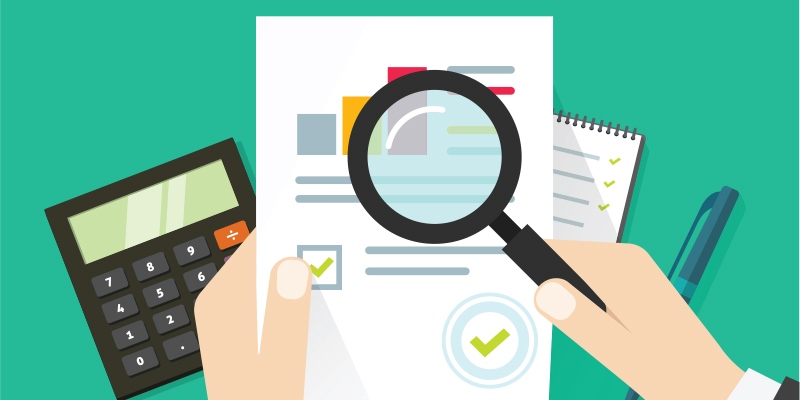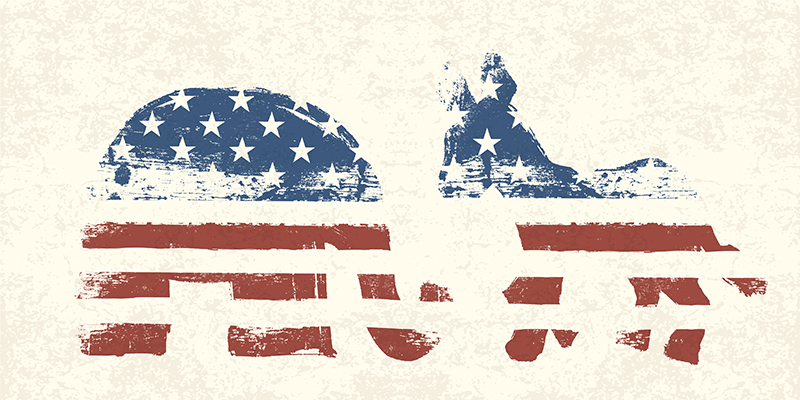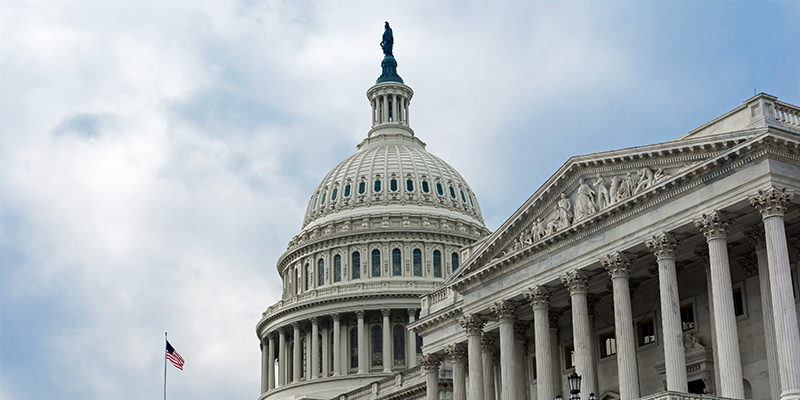As the COVID-19 crisis continues across the U.S., commercial property owners need to prepare for potential liability issues arising at their buildings, said attorney George Pincus, Stearns Weaver Miller, P.A., Fort Lauderdale, Florida, during a recent NAIOP Advantage Series webinar.
“What do you do if something happens at your property? What do you do to protect your property, your tenants and yourself from liability?” asked Pincus.
He offered these tips:
Communicate with tenants. Protect yourself from potential liability arising from the pandemic by being able to show you are always acting as a “reasonable and prudent” commercial property owner and operator. To that end, it is imperative to begin the process by creating a communications channel with your tenants – use email, website or written notices delivered to tenant premises. Reach out to tenants working remotely to establish that communications link as well, and to agree on the best way to communicate during the crisis.
Update tenants frequently on status of the building including to: (1) clarify the hours and services; (2) explain that the building’s janitorial services are not equipped to perform decontamination or extraordinary disinfecting of the premises and that tenants should review and institute procedures for those requirements; (3) establish building access procedures.
Comply with all laws/regulations. Remind tenants on a regular basis that you will comply at all times with city, county, state and federal laws, rules and regulations regarding access to commercial properties, and, if the government declares that the building must be shut down, you will shut it down. Work with your attorney regarding “essential services” that are exempt. Determine which of your tenants qualify as offering essential services, according to the attorney.
Document, document, document. Have a consistent Incident Report procedure in place with your management and maintenance team to handle COVID-19 cases in your buildings. Train your people to prepare a detailed written report including: (1) which tenant is reporting the issue, (2) who are the people involved, (3) when it occurred, (4) what happened and (5) what steps you, the property owner, are taking to disinfect the affected areas of the building. Retain copies of the Incident Reports and send copies to your attorney.
Get in touch with your CGL carrier. Contact your commercial general liability (CGL) carrier when an incident occurs, even if you will not make a claim at that time, Pincus said. While you are not making a claim, use the information to report to your CGL carrier that: (1) there was an incident at the insured property; (2) you submitted the Incident Report and (3) you took remedial steps (provide details) to mitigate the situation. Make sure you ask the CGL carrier what other reasonable steps it wishes you to take; do not give the carrier a coverage defense where it can say that you did not do what it wanted you to do in response to the event.
Know what’s covered/what’s not in your insurance policies. Business interruption insurance policies should be reviewed for coverage, but Pincus is not optimistic about most of the policies in effect. He is concerned about two things: First, do you have an insurable loss that will give you access to your business interruption coverage? Second, is there an exception in your policy that the COVID-19 disaster falls under?
A key problem is that for a business interruption claim, insurers are looking for physical damage such as fire or hurricane damage to the building. Have an attorney who specializes in insurance coverage matters review your policy to make this determination, Pincus said.
“It is too soon to determine how the courts are going to interpret COVID-19 social distancing and government shutdowns of private property as being casualty events within the language of the insurance policy,” he said. Case law is all over the place. I don’t know how it will be resolved but I am not optimistic.”
In part 1 of this blog series, Pincus offered advice to landlords on how to deal with tenants that cannot pay rent.
Part 2 of this blog series features a Q&A with Pincus about tenant rent abatement considerations.
The webinar recording is available here. Visit the NAIOP Response: COVID-19 page for critical resources and knowledge to support you now.
Content and strategies shared on NAIOP webinars and blog posts are intended to provide information and insights to industry practitioners and do not constitute advice or recommendations. NAIOP and its presenters disclaim any liability for actions taken as a result of these webinars and blog posts.














